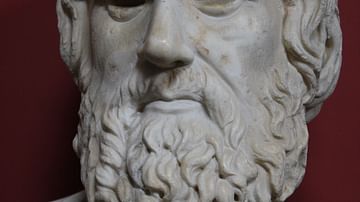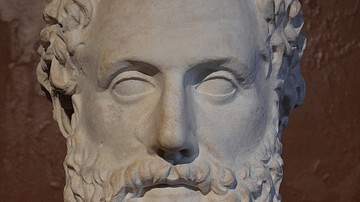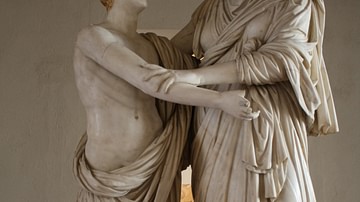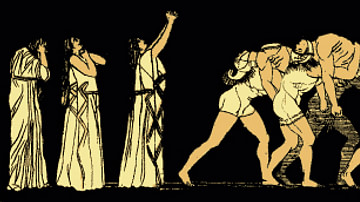Video
About the Author
Cite This Work
APA Style
Macquire, K. (2021, April 23). Ancient Greek Tragedy: History, Playwrights and Performances. World History Encyclopedia. Retrieved from https://www.worldhistory.org/video/2489/ancient-greek-tragedy-history-playwrights-and-perf/
Chicago Style
Macquire, Kelly. "Ancient Greek Tragedy: History, Playwrights and Performances." World History Encyclopedia. Last modified April 23, 2021. https://www.worldhistory.org/video/2489/ancient-greek-tragedy-history-playwrights-and-perf/.
MLA Style
Macquire, Kelly. "Ancient Greek Tragedy: History, Playwrights and Performances." World History Encyclopedia. World History Encyclopedia, 23 Apr 2021, https://www.worldhistory.org/video/2489/ancient-greek-tragedy-history-playwrights-and-perf/. Web. 18 Apr 2025.







